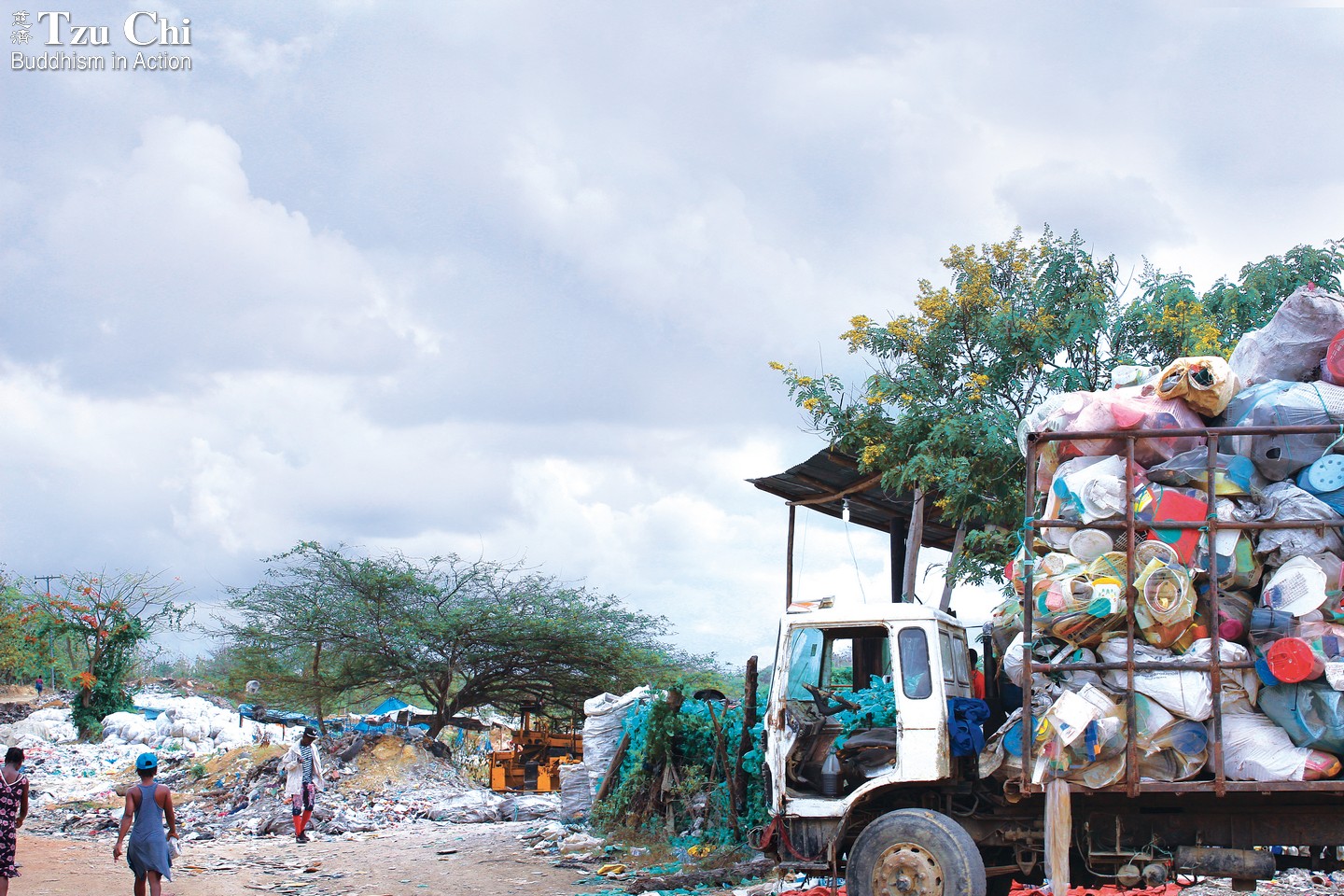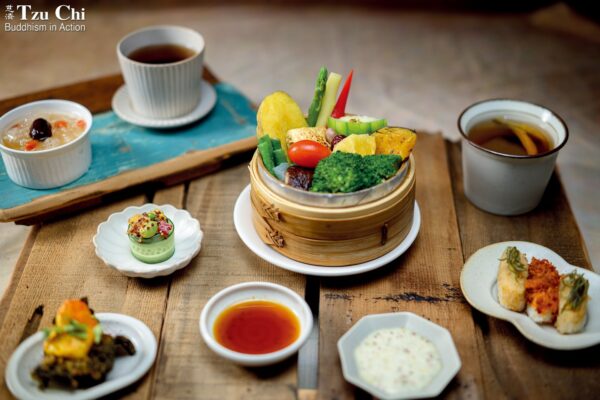Text and photo by Zhu Yao-lin
Translated by Wu Hsiao-ting
A prolonged fire at the Duquesa landfill in the capital of the Dominican Republic created thick clouds of smoke that affected people’s health. The conflagration also deprived scavengers of their livelihoods, making it harder for them to get by during the pandemic.

The Dominican Republic has been the Caribbean country hit hardest by COVID-19. The number of infections in the nation had surpassed 80,000 by August 9, with a death toll exceeding 1,300.
The country’s first case was diagnosed in early March. By March 16, confirmed cases had reached 21. On March 17, President Danilo Medina Sánchez declared a state of emergency and announced a series of measures to curb the virus. All commercial business activity was suspended, except for supermarkets, pharmacies, and other businesses deemed essential to the provision of the necessities of life. A mandatory night curfew was imposed on March 20.
Despite the lockdown measures, cases surged day after day. A fire at a landfill in the midst of the raging pandemic added insult to injury and made life even harder for some underprivileged people.
The conflagration broke out on April 28 at the Duquesa landfill, located in the country’s capital of Santo Domingo, and it continued to burn into May. It disrupted the livelihoods of the people who lived near the dump and supported themselves by scavenging. It also created serious air pollution that affected people living up to several kilometers away.
With the help of two Catholic Franciscan friars, Tzu Chi volunteers distributed aid to affected families to help them ride out this challenging time. Older Tzu Chi volunteers in the high-risk group for COVID-19 couldn’t personally take part in the distribution, but they still helped out by packaging the items to be distributed, which included rice, cooking oil, cornmeal, noodles, cereal, ketchup, canned vegetables, salt, powdered milk, toilet paper, soap, and bleach.
Everyone who represented their families to receive their share of the goods from Tzu Chi wore face masks and gloves as a precautionary measure. Social distancing was also duly observed. Most of the people who received the aid were of Haitian ethnicity who are considered to be illegal immigrants and are thus disqualified from any government aid during the pandemic. This makes them especially in need of help.
The distribution helped 70 families. Some aid recipients told Tzu Chi volunteers that they were struggling to find a job before the pandemic, but now things had gotten worse. They said gratefully to the volunteers that Tzu Chi was the first group to help them during this critical time.
In addition to aiding those living near the landfill, volunteers also provided emergency food supplies to 765 families in La Romana to help them weather the pandemic. Volunteers also donated isolation gowns, surgical masks, gloves, and other personal protective equipment to six medical facilities.



